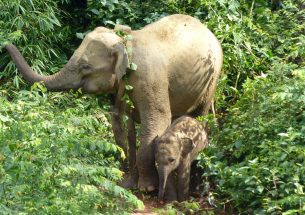News and Opinion
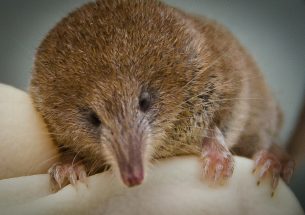
How Ireland’s smallest mammal, the pygmy shrew, is quietly and quickly disappearing from our landscape
READ MORE about How Ireland’s smallest mammal, the pygmy shrew, is quietly and quickly disappearing from our landscape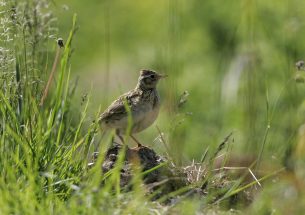
Farmland bird populations bounce back when farms devote 10% of their land to nature-friendly measures
READ MORE about Farmland bird populations bounce back when farms devote 10% of their land to nature-friendly measures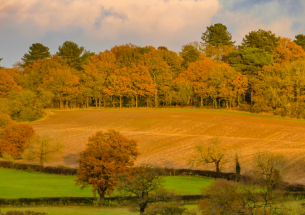
Paying farmers to create woodland and wetland is the most cost-effective way to hit UK environment targets, study suggests
READ MORE about Paying farmers to create woodland and wetland is the most cost-effective way to hit UK environment targets, study suggests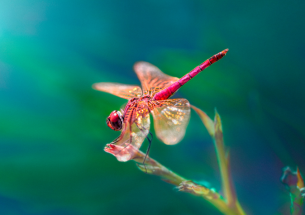
Research reveals which animals perceive time the fastest
READ MORE about Research reveals which animals perceive time the fastest
BES response to the new Post-2020 Global Biodiversity Framework
READ MORE about BES response to the new Post-2020 Global Biodiversity Framework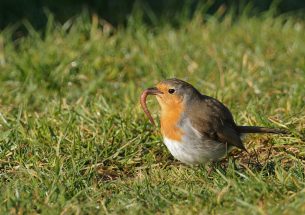
New research uncovers hidden long-term declines in UK earthworms
READ MORE about New research uncovers hidden long-term declines in UK earthworms
Green transformation day held at Durham primary school
READ MORE about Green transformation day held at Durham primary school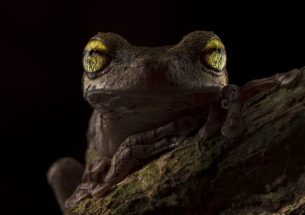
Capturing Ecology 2022 – Winning Images Announced
READ MORE about Capturing Ecology 2022 – Winning Images Announced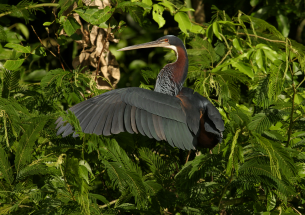
Planet’s most unique birds at higher risk of extinction
READ MORE about Planet’s most unique birds at higher risk of extinction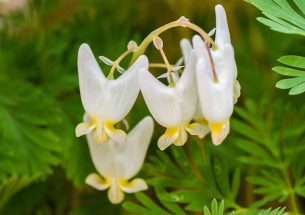
Warmer temperatures are linked to mismatch among forest plants
READ MORE about Warmer temperatures are linked to mismatch among forest plants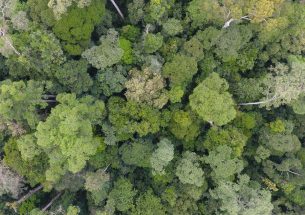
Lianas more likely to infest smaller trees in Southeast Asian forests
READ MORE about Lianas more likely to infest smaller trees in Southeast Asian forests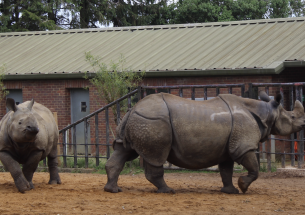
Rhino horns are getting smaller, according to analysis of artwork and photographs
READ MORE about Rhino horns are getting smaller, according to analysis of artwork and photographs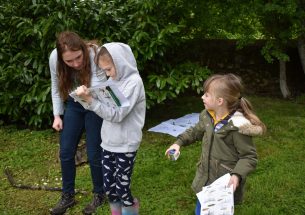
Opening school doors to nature in North East England
READ MORE about Opening school doors to nature in North East England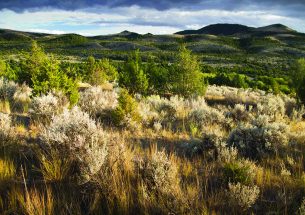
Researchers quantify forage yield gap caused by woody encroachment
READ MORE about Researchers quantify forage yield gap caused by woody encroachment